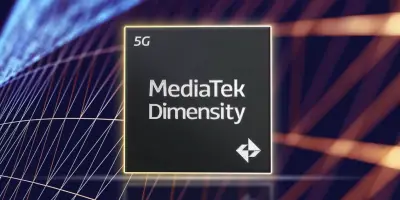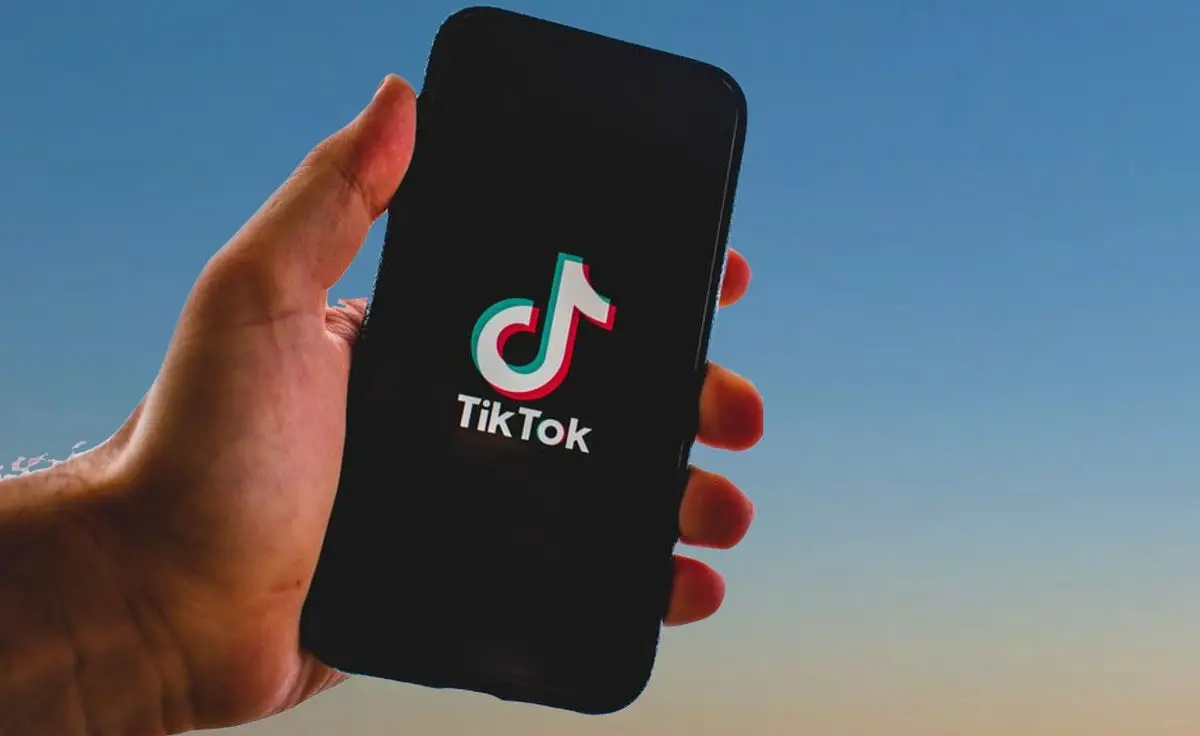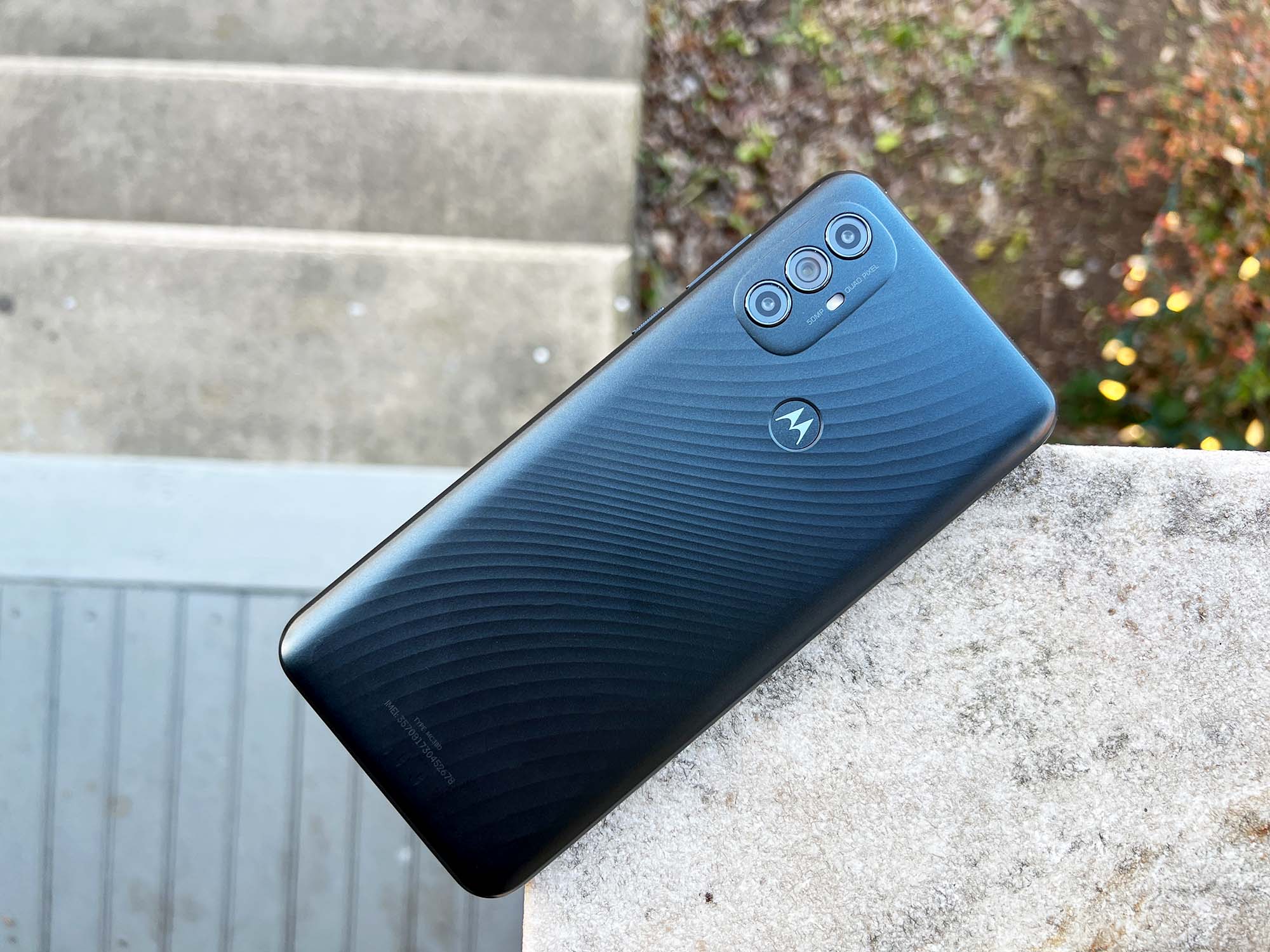Back in the BlackBerry days, one of the ways the company tried to lure customers over to their side was through its BBM service. It kind of worked because it proved to be a popular messenger amongst teens who saw it as a social status kind of thing where it was “cool” to use BBM.
Apple tried to do something similar to a certain degree with iMessage, but it felt like it was a bit too late due to the rise of other instant messenger platforms that were cross-platform compatible. Now according to a new legislation announced by the EU, it seems that they are looking to force tech companies to create some kind of unified messenger service.
The legislation is part of the Digital Markets Act where it would require messenger services that have at least 45 million monthly active end users and 10,000 annually active corporate users to allow their services with work with smaller messaging platforms.
This means that for example, Apple’s iMessage or Meta’s Facebook Messenger and WhatsApp, would need to be able to send/receive messages, make video calls, and also send/receive files from other smaller competing platforms. In theory, it means that in the future, iMessage users will be able to send and receive messages from smaller and lesser-used messenger platforms, thus no longer requiring users to own an Apple product to reach other Apple users.
The issue here would be security, but according to Andreas Schwab, the European Parliament’s Rapporteur, he believes that it is feasible. Speaking to TechCrunch, Schwab was quoted as saying:
“The Parliament has always been clear that interoperability for messaging has to come. It will come — at the same time, it also has to be secure. If the Telecoms Regulators say it is not possible to deliver end-to-end encrypted group chats within the next nine months, then it will come as soon as it is possible, there will be no doubt about that.”
The DMA has yet to be finalized and it is unclear when implementation would occur, so there is still time for companies to figure out how this will all work.
Source: TechCrunch











Comments